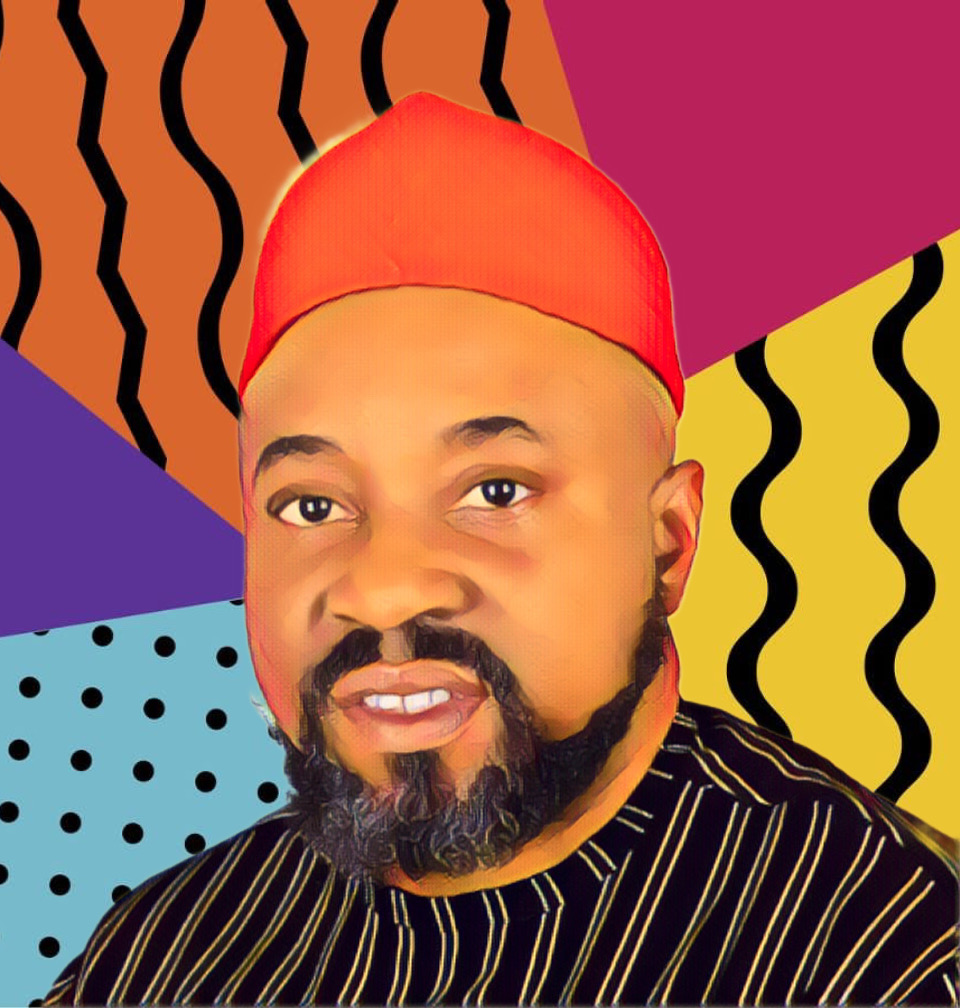In a striking revelation, Martin Uzoegwu, President of the National Union of Electricity Employees (NUEE), has voiced strong criticism of Nigeria’s power sector privatisation. A decade into this initiative, the country’s power generation lingers around 4,000 megawatts, significantly short of the expected 10,000 megawatts. These sentiments were expressed during a recent confrontation with Power Minister Adebayo Adelabu, as the union seeks to reverse the privatisation process and address longstanding issues in the sector.
This call for action comes amid a recent thaw in tensions between NUEE and the Power Ministry, following a pivotal meeting initiated by the minister. The discussion brought to light several critical issues, including unpaid severance packages, salary disparities, and the non-unionisation of workers in generation companies.
In an exclusive interview with Daily Sun after the closed-door meeting, Uzoegwu outlined the key outcomes and future directions. The long-standing grievance over a 16-month severance package, pending for a decade, was a primary topic. The discussion also addressed the non-unionisation of workers in generation companies and the need for revisiting the privatisation issue.
Uzoegwu highlighted the stagnation in power generation, with the nation still hovering around 4,000 megawatts, a far cry from the anticipated 10,000 megawatts. The discussion extended to the welfare of power industry workers and the necessity for the minister’s intervention to ensure their benefit.
The meeting also touched upon concerns regarding the Transmission Company of Nigeria (TCN). Rumours of a potential privatisation of TCN have been circulating, a move Uzoegwu firmly opposes, citing the traumatic experiences with the privatisation of distribution and generation companies. The minister assured that while TCN might undergo reforms, it would remain under government control.
Looking forward, Uzoegwu stressed the need for the Power Ministry to address the myriad issues plaguing the sector, from improving generation and replacing outdated equipment to ensuring adequate funding, especially in the distribution segment. The minister promised to tackle these challenges, including addressing the issue of indiscriminate dismissal of workers.
Salary disparity between local employees and expatriates was another concern raised. Uzoegwu criticised the current pay structure, arguing it demoralises long-serving, capable local workers. The minister pledged to address this disparity, reinforcing his commitment to local content.
The discussion also revisited the controversial issue of involving the National Security Adviser in managing electricity assets, a statement initially made by the minister that had sparked union discontent. The minister clarified his position, emphasising his focus on protecting infrastructure from vandalism rather than a blanket security takeover of the sector.
This meeting represents a crucial step towards resolving the longstanding issues in Nigeria’s power sector. As the minister and NUEE work towards a harmonious relationship, the focus remains on improving the sector’s performance and ensuring the welfare of its workers. The union’s call for a reversal of privatisation, underlined by the minister’s commitment to reform, sets a new course for the future of Nigeria’s electricity



